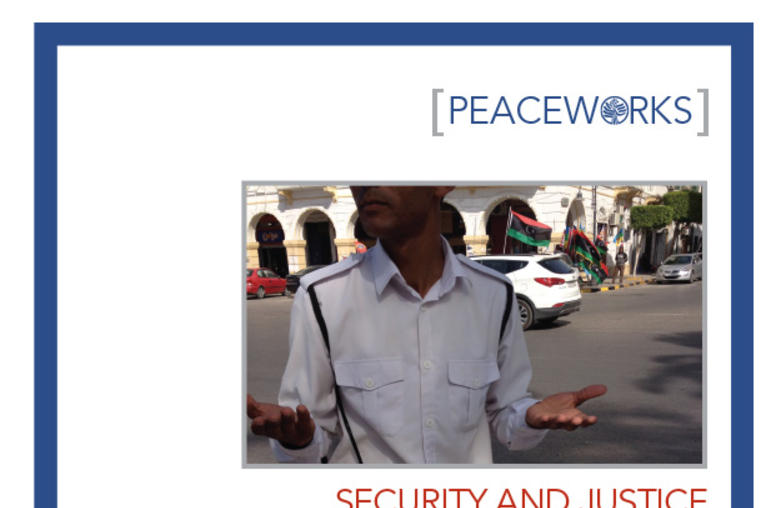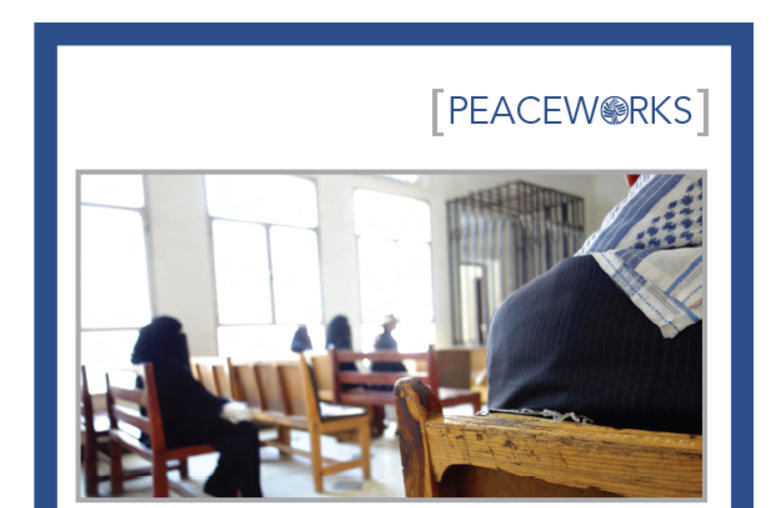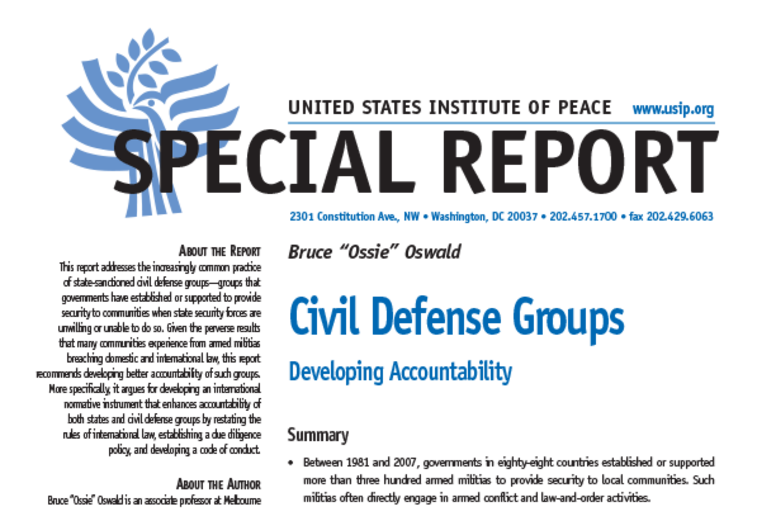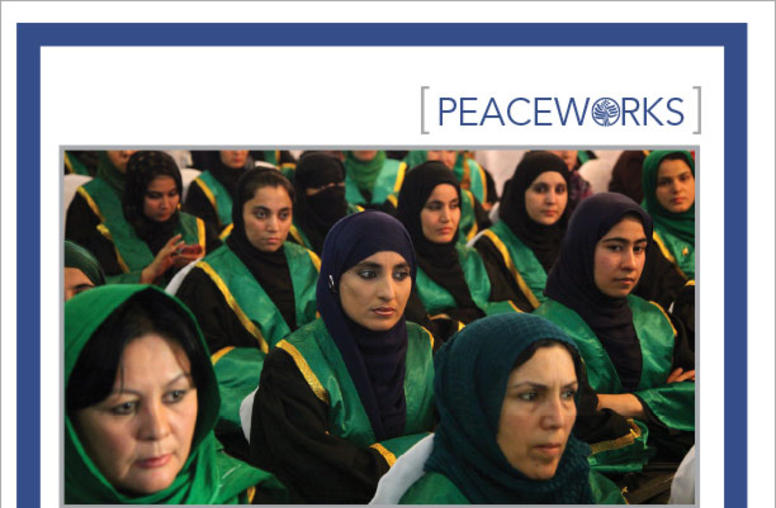Stability Policing Initiative
USIP is working with Center of Excellence for Police Stability Units (CoESPU) to develop a Standard Training Module and readiness standards for stability police units. We are also helping to develop stability policing doctrine and doctrine to protect Internally Displaced Persons (IDPs).
Police are essential to control civil disorder, protect civilians, overcome illicit power structures, train and mentor indigenous police, and institutionalize the rule of law. Doctrine for effective employment of international police in these capacities is nonexistent. To address gaps in public security that have plagued previous UN peace missions, moreover, Formed Police Units (FPUs) began to be deployed in 2000 and now constitute roughly half of international police personnel. For the UN-AU Mission in Darfur (UNAMID), the UN is seeking to deploy 19 FPUs that will bring the total to 53. The Center of Excellence for Stability Police Units (CoESPU) and USIP collaborated to conduct a workshop for the UN Department of Peacekeeping Operations (DPKO) in February 2008 to develop standards for assessing FPU proficiency and subsequently prepared a course to train DPKO evaluation teams prior to their deployment to all current missions with FPUs. To assure that international police are able to perform their vital functions proficiently upon deployment, doctrinal principles must be established and then infused into training. The most prominent doctrinal gap is for use of FPUs to protect IDPs, the mission of the FPUs being deployed to UNAMID. This will be the first use of FPUs for this purpose.
USIP's current work involves:
- planning for a workshop with DPKO concerning doctrinal issues that need to be addressed by international police;
- developing case studies for a course on Illicit Power Structures to illustrate the threat that illicit power structures pose to peace and stability operations and strategies that have proven successful in dealing with them; and
- assistance to the Department of State's Office of the Coordinator of Reconstruction and Stabilization's Civilian Response Corps's recruitment of top caliber police and corrections personnel



